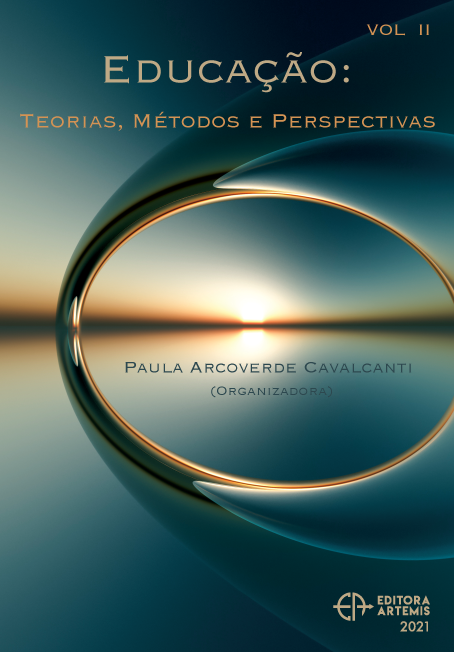
IMPACTO DEL MÉTODO SOCIALIZADO EN LA CAPACIDAD CRÍTICA EN ESTUDIANTES DE CIENCIAS SOCIALES DE UN INSTITUTO PÚBLICO
El objetivo fue demostrar como el método socializado influye en la capacidad crítica del área de Religión, Filosofía y Ética de los estudiantes de Ciencias Sociales de un Instituto Público, considerando cuatro fases: (1) personal, donde el sujeto del aprendizaje internaliza la información mediante la lectura, (2) socialización de la información del equipo, vinculando el aprendizaje vivencial, (3) conclusiones intergrupales, jerarquización de las ideas, proyección de la actividad académica (4) debate y conclusiones, argumentación, reflexión, valoración y consenso. Este método socializado activa la capacidad crítica de los estudiantes desde la percepción del contexto, comprensión, razonamiento, análisis y comunicación del área de Religión, Filosofía y Ética. La herramienta utilizada fue un cuestionario para docentes y estudiantes del grupo control y experimental. El método utilizado fue hipotético-deductivo, diseño cuasi experimental, tipo de investigación explicativa, la muestra fue 137 estudiantes y docentes del grupo control y del grupo experimental 130 estudiantes y docentes. Llegando a la conclusión que la aplicación del método socializado influye significativamente en la capacidad crítica de los estudiantes del área de Religión, Filosofía y Ética de un Instituto Público, siendo el nivel de correlación 0,032 y nivel de significancia 0,711.
IMPACTO DEL MÉTODO SOCIALIZADO EN LA CAPACIDAD CRÍTICA EN ESTUDIANTES DE CIENCIAS SOCIALES DE UN INSTITUTO PÚBLICO
-
DOI: 10.37572/EdArt_1804213169
-
Palavras-chave: método socializado, capacidad crítica, reflexión, análisis, argumentación.
-
Keywords: socialized method, critical capacity, reflection, analysis, argumentation.
-
Abstract:
The objective was to demonstrate how the socialized method influences the critical capacity of the area of Religion, Philosophy and Ethics of the students of Social Sciences of a Public Institute, considering four phases: (1) personal, where the subject of learning internalizes the information through reading, (2) socialization of team information, linking experiential learning, (3) intergroup conclusions, hierarchy of ideas, projection of academic activity (4) debate and conclusions, argumentation, reflection, evaluation and consensus. This socialized method activates the critical capacity of students from the perception of the context, understanding, reasoning, analysis and communication of the area of Religion, Philosophy and Ethics. The tool used was a questionnaire for teachers and students of the control and experimental group. The method used was hypothetical-deductive, quasi-experimental design, type of explanatory research, the sample was 137 students and teachers from the control group and 130 students and teachers from the experimental group. Reaching the conclusion that the application of the socialized method significantly influences the critical capacity of students in the area of Religion, Philosophy and Ethics of a Public Institute, with a correlation level of 0.032 and a level of significance of 0.711.
-
Número de páginas: 36
- Flor de María Sánchez Aguirre

